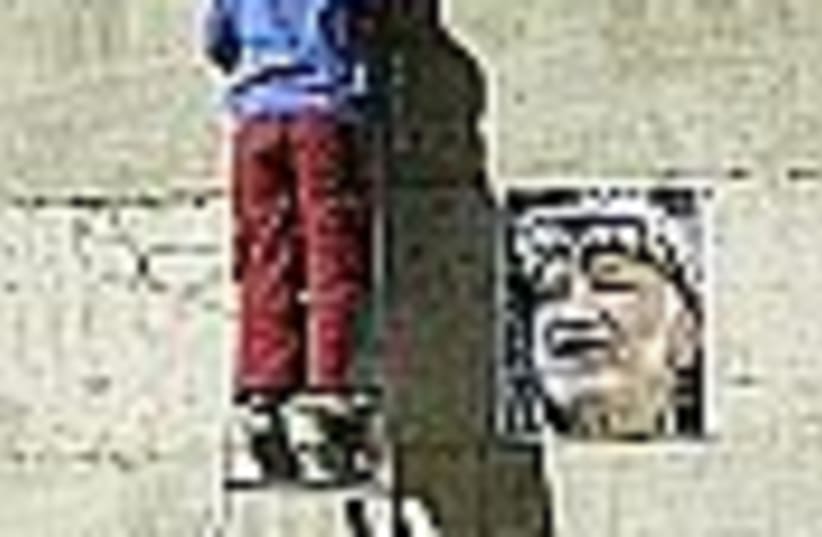| More about: | Mahmoud Abbas, Presidency of George W. Bush, Palestinian National Authority, Al-Quds University |
Palestinians pessimistic - and broke
"Where are all the millions the Palestinians are supposed to receive?"


| More about: | Mahmoud Abbas, Presidency of George W. Bush, Palestinian National Authority, Al-Quds University |